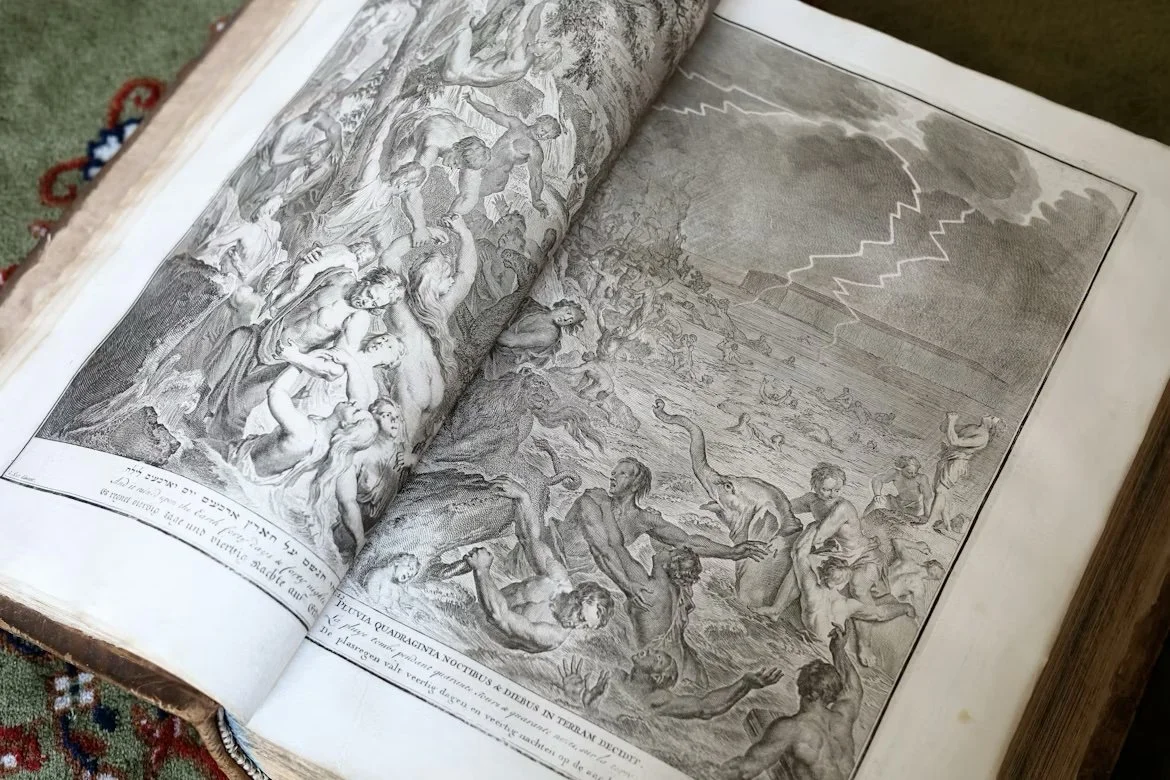Readings for today: Jonah 1-4
I grew up a Star Wars fan. It was almost required as a child of the late 20th century. I remember when all the movies came out. I remember seeing The Return of the Jedi at the movie theater in Estes Park and my little brother standing up and pretending to join the light saber duel at the end. My favorite character was Yoda, of course. Dude was awesome. Not only the most powerful Jedi living but he always had the best lines. One of them has stuck with me even after all these years. “Fear leads to anger. Anger leads to hate. Hate leads to suffering.” I thought about this line as I read through the last chapter of Jonah this morning.
Jonah never stops running from God. He runs from God when he is first called. Actually goes in the opposite direction from where he is supposed to go. Books passage on a ship that will take him to what was considered the ends of the earth at the time. The point furthest away from where God wants him. God literally uses a storm and a great fish to turn Jonah around. And even though Jonah accomplishes his mission, he is still as far away from God as he can be in his heart. He is angry about revival. Angry Nineveh survived. Angry that God is compassionate and gracious, slow to anger and quick to relent from disaster. He might as well be in Tarshish. And this prompts an important question. “Is it right for you to be angry?” (Jonah 4:4 CSB)
It’s an important question. One for all of us to ponder. There is so much anger in the world. Anger over injustice. Anger over unrighteousness. Anger over evil and immorality. Anger over corruption. Anger over all the pain and heartbreak. And all that anger leads to hate. Hatred for those we believe are perpetrators. Perpetrators by what they say or do not say. Perpetrators by what they do or do not do. Perpetrators by how they vote or who they support. And that hatred often breaks out in all sorts of violent ways which only leads to suffering. Jonah was angry with the Assyrians because of all the pain they had inflicted on his people. His anger at them led to hatred. And his hatred led him to hope for their suffering. What Jonah failed to see was that he was no different than the Assyrians. He was as much a perpetrator as they were and yet God showed compassion on him. The same is true for us. All of us are perpetrators in some way. We all help perpetuate systems of injustice and corruption and unrighteousness and evil. We are all sinners and yet God showed grace and compassion to us. We have no right to be angry. Instead, we should align our hearts with God’s heart and work for the redemption of all those whom God loves.
Readings for tomorrow: No devotionals on Sundays




